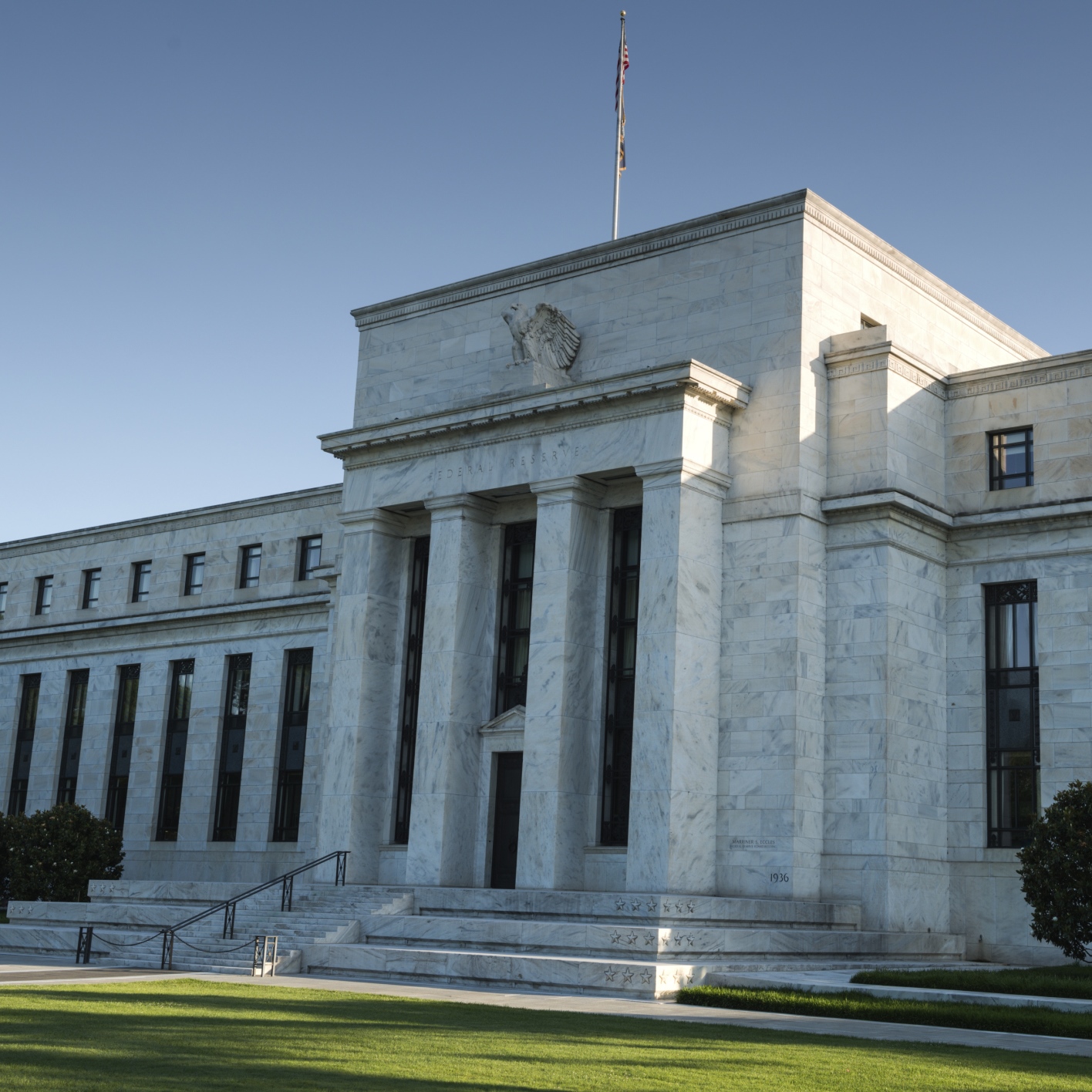Economy
FOMC Minutes From September Outline a Fed on Hold, With an Itchy Trigger Finger

Published:
Last Updated:

The Federal Reserve has released the minutes of the Federal Open Market Committee from September. It was already known that three votes had been cast to raise interest rates. Those are the hawks. What mattered going into the release of the minutes was how Fed Chair Janet Yellen was looking at things, and just how dovish some of the doves were versus how hawkish the hawks were.
All in all, after looking through the tedious minutes, the case looks to be that the Federal Reserve in general, at least its voting members, is that there is a reasonable argument that can be made to raise interest rates. That was for the September meeting — or for waiting to see about how the data looks for inflation and employment.
As a reminder, the Federal Reserve has a dual mandate for getting and keeping inflation around the 2.0% to 2.5% range and to keep unemployment at or under 5.0%.
Some FOMC participants felt that it was already appropriate to raise the Fed Funds target relatively soon if the labor market conditions continued to improve and if economic activity strengthened.
Other FOMC members wanted to wait for more evidence that inflation would rise toward that 2.0% objective.
Below are some verbatim quotes from the general commentary which would support the rate hike theories ahead:
The information reviewed for the September 20-21 meeting indicated that labor market conditions strengthened in recent months and that real gross domestic product (GDP) was increasing at a faster pace in the third quarter than in the first half of the year.
Both the labor force participation rate and the employment-to-population ratio had edged up since June.
Compensation per hour in the business sector rose 2 percent over the four quarters ending in the second quarter, the employment cost index for private workers increased 2-1/2 percent over the 12 months ending in June, and average hourly earnings for all employees increased 2-1/2 percent over the 12 months ending in August.
Real personal consumption expenditures (PCE) appeared to be increasing solidly, on net, in the third quarter… Recent readings on key factors that influence consumer spending were consistent with solid real PCE growth for the third quarter as a whole, including continued gains in employment, real disposable personal income, and households’ net worth. In addition, consumer sentiment as measured by the University of Michigan Surveys of Consumers remained relatively upbeat through early September.
Over the 12 months ending in August, total consumer prices as measured by the consumer price index (CPI) rose about 1 percent, while core CPI inflation was around 2-1/4 percent.
Nominal Treasury yields increased moderately, on net, since the July FOMC meeting, reflecting the slight upward revision in the expected path for the federal funds rate and a rise in global bond yields that was apparently spurred by an increased impression among investors that monetary policy in other advanced economies might be less accommodative than previously expected.
Financing conditions for nonfinancial firms remained generally accommodative. While outstanding commercial and industrial loans and CP both declined somewhat in August, gross issuance of corporate bonds was quite large.
Global risk asset prices broadly increased amid improving sentiment among investors and low volatility. Capital flows to EMEs continued, and sovereign debt spreads in these economies and corporate bond spreads in both EMEs and AFEs narrowed further. European financial markets remained resilient following the Brexit vote, and European bank equity prices increased on net.
As for the rest, bond yields had firmed a bit after weeks of rising. Stocks remained higher on the day, up at the highs of the day after about 30 minutes from the FOMC Minutes release — the Dow was up 32 points at 18,160 and the S&P 500 was up 4.67 points at 2,141.40.
Credit card companies are at war, handing out free rewards and benefits to win the best customers. A good cash back card can be worth thousands of dollars a year in free money, not to mention other perks like travel, insurance, and access to fancy lounges. See our top picks for the best credit cards today. You won’t want to miss some of these offers.
Flywheel Publishing has partnered with CardRatings for our coverage of credit card products. Flywheel Publishing and CardRatings may receive a commission from card issuers.
Thank you for reading! Have some feedback for us?
Contact the 24/7 Wall St. editorial team.